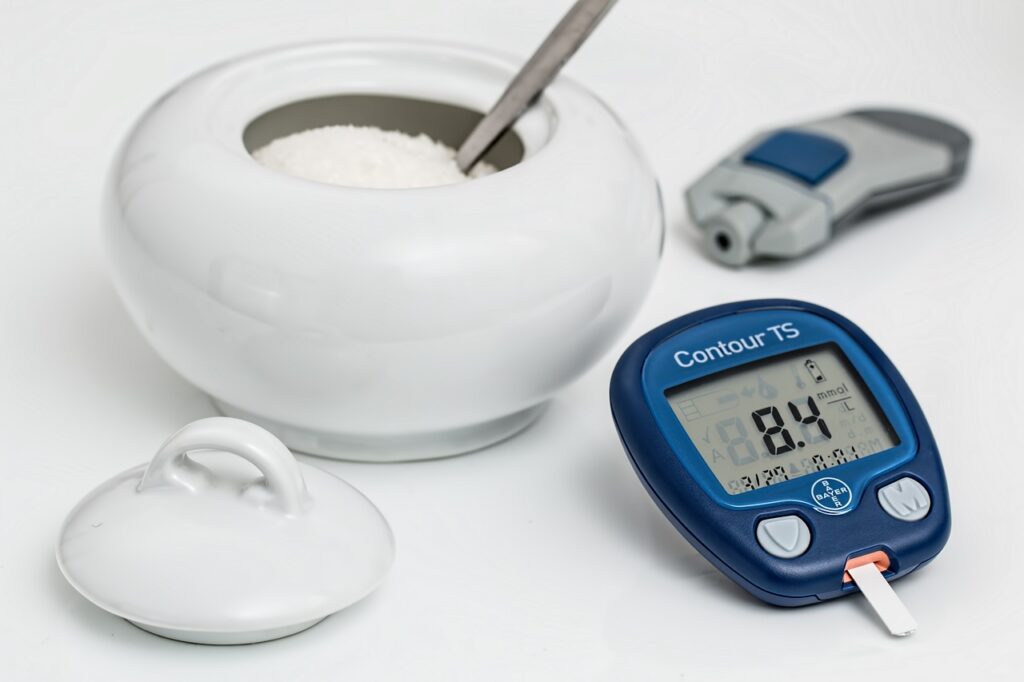Diabetes is a chronic condition that affects how your body turns food into energy. With diabetes, your body either doesn’t make enough insulin or doesn’t use insulin properly. Insulin is a hormone that helps your body’s cells use glucose for energy.
Weight loss is one of the most effective ways to manage blood sugar levels and improve overall health in people with diabetes. Even modest weight loss can have a significant impact on blood sugar control.
How Weight Loss Affects Blood Sugar Levels?
Losing weight helps to improve insulin sensitivity, which means that your body’s cells are better able to use insulin to absorb glucose from the bloodstream. This can lead to lower blood sugar levels.
Additionally, weight loss can help to reduce the amount of fat in the liver. Fat in the liver can interfere with insulin signalling and make it more difficult for your body to control blood sugar levels.
How to Use Weight Loss as a Blood Glucose Management Tool?
The best way to use weight loss as a blood glucose management tool is to make gradual, sustainable changes to your diet and lifestyle. This is best done under a specialist supervision, because the key here is sustainable long term adaptation that is done safely.
If you are struggling to lose weight on your own, talk to your doctor or a registered dietitian. They can help you develop a personalised weight loss plan that is safe and effective for you.
Therefore, it is important to pay close attention to your condition and be careful what weight loss methods one uses manage blood sugar levels effectively while working to improve overall health in people with diabetes. By making gradual, sustainable changes to your diet and lifestyle, you can lose weight and improve your blood sugar control.



